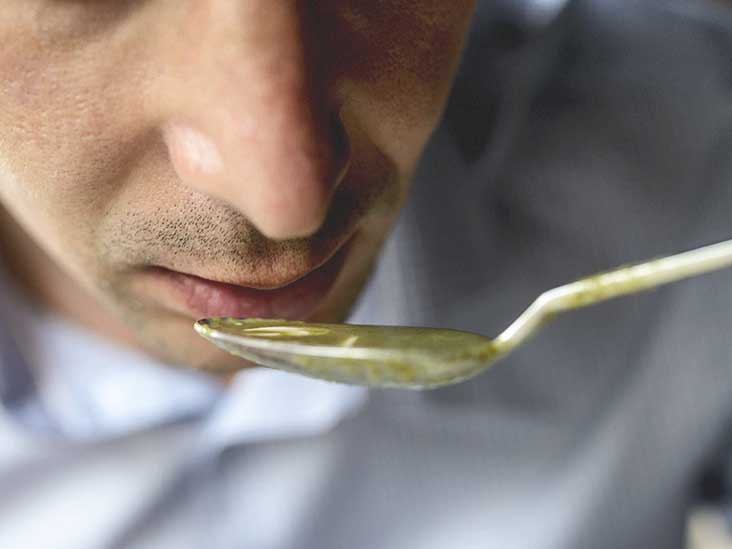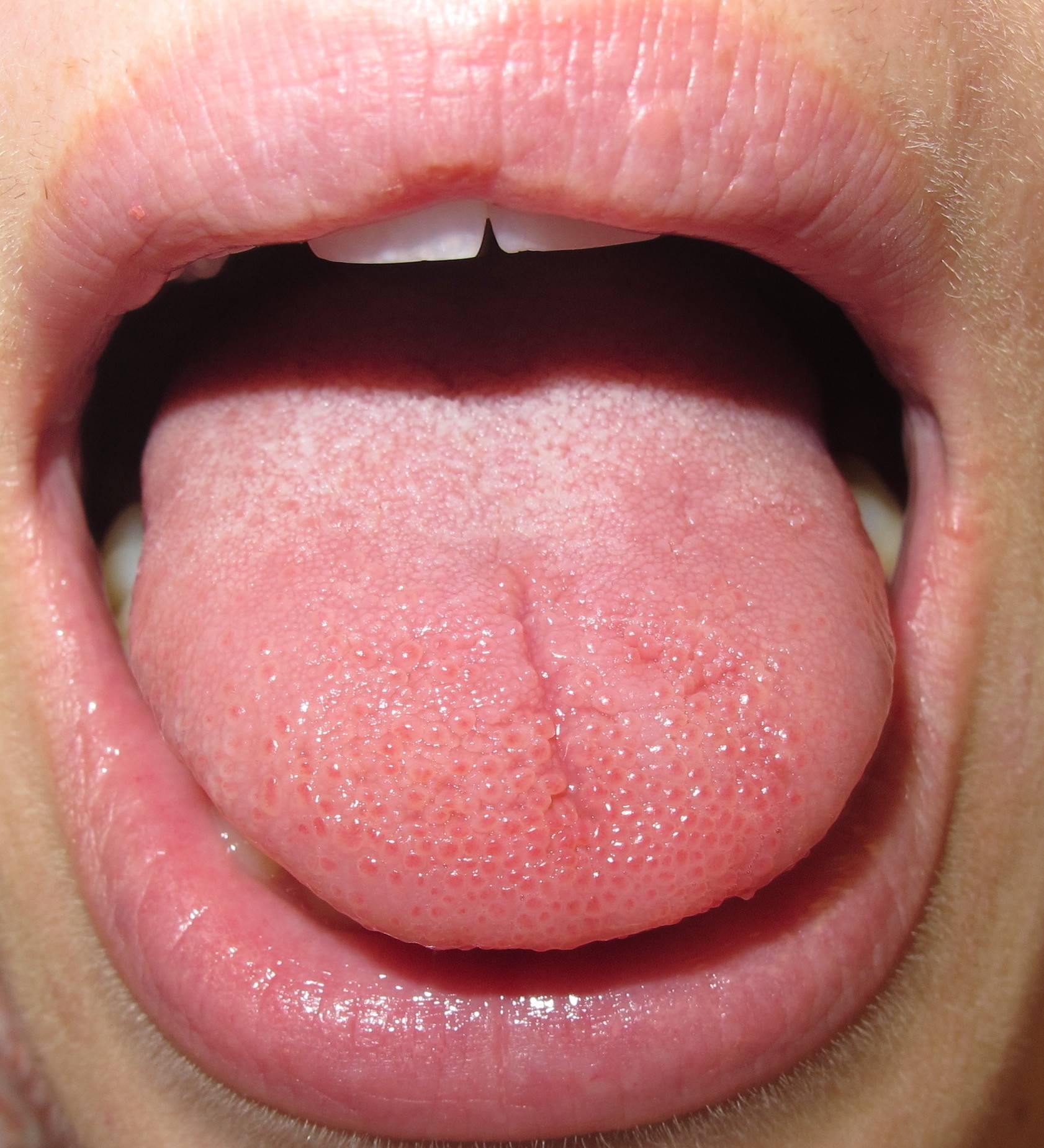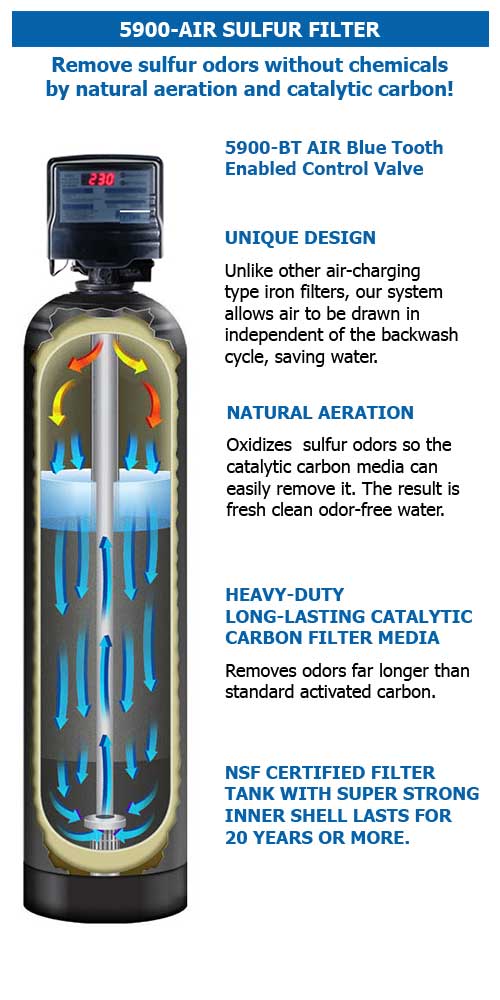Can Inhaling Bleach Cause Loss Of Taste And Smell

Bleach and respiratory effects.
Can inhaling bleach cause loss of taste and smell. This is because the sensory threshold levels for chlorine species is well below any levels recognized to cause potential respiratory irritation or overt health effects and is reflected in the current occupational. That can lead to coughing gurgling breathing sounds and trouble getting enough air. The duration of the chemosensory impairment and predictive factors of recovery are still unclear.
One might suspect that since smell is a direct path to the brain that if it were caused by neurological damage its highly unlikely that not taking Lipitor for a few. Causes of lost or changed sense of smell. We aimed to investigate the prevalence temporal course and recovery predictors in patients who suffered from varying disease severity.
If its in your clothing others may not necessarily smell it. A significant proportion of people infected with SARS-CoV-2 report a new onset of smell or taste loss. About 58 of people who have nasal polyps also complain of a lost sense of smell.
Some polyps result from allergies but they can have other causes that may need a specialists help to determine. Other symptoms of nasal polyps are congestion nasal discharge sneezing headaches and snoring. Bleach as you know it is made from chlorine and caustic soda and your usual household bleach is around 56 chlorine and industrial strength liquid bleach is around 12 which is used.
Sinusitis sinus infection an allergy like hay fever. For example high pesticide exposure can cause long-lasting impairment of the sense of smell and taste. It is also known as soda bleach and liquid bleach.
Which the answer is yes. Loss of sense of smell known as anosmia and taste known as ageusia can stem from three main causes. The bleach is processed using sodium hydroxide and liquid or chlorine gas in a reaction.


















